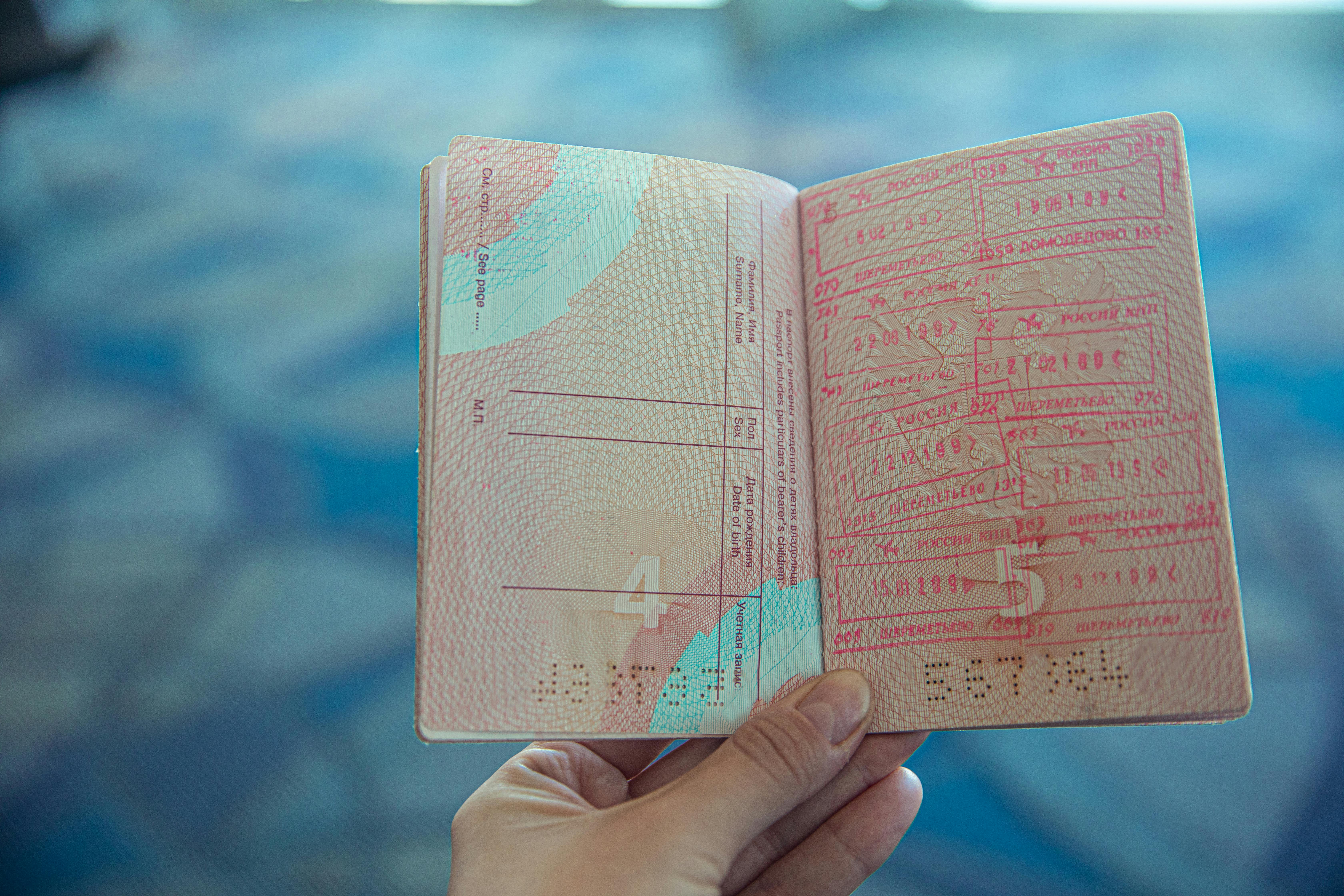
Introduction
In an evolving landscape of immigration policies, one significant change has captured the attention of prospective US visa applicants: the requirement to disclose social media accounts. This new mandate, instigated by the US Embassy in India, demands that non-resident visa seekers provide a comprehensive list of their social media handles used over the last five years on the DS-160 application form. The implications of this requirement are vast, affecting the way individuals approach their visa applications and manage their online presence.
The New Social Media Disclosure Rule
The recent guidance from the US Embassy emphasizes the importance of transparency in visa applications. According to the updated protocols, applicants must report all usernames and handles utilized on popular social media platforms, including:
- X (formerly Twitter)
- TikTok
- YouTube
This listing requirement includes both active and inactive accounts, urging applicants to take a thorough inventory of their online activities. Even accounts that have had no recent posts or engagement must be disclosed if they were utilized at any point during the past five years, reflecting the government’s commitment to thorough background evaluations.
Why Now?
The reinforcement of this rule comes in the wake of increasing concerns regarding national security. The US government has stated that gathering this information is part of their broader strategy to enhance safety protocols and assess possible risks associated with visa applicants. Social media activities can provide critical insights into a person’s identity and behaviors, allowing officials to evaluate potential threats more effectively.
Consequences of Non-Disclosure
Failure to provide accurate social media information can lead to severe repercussions for applicants. The embassy has warned that withholding any social media identifiers may result in:
- Immediate refusal of the visa application
- Extended processing times due to additional scrutiny
- Potential future visa application flags
Not only does the absence of full disclosure undermine one’s chances of obtaining a visa, but it may also adversely impact any subsequent applications. The implications of this rule cannot be overstated, as prospective travelers must navigate this new hurdle with caution.
The Government’s Justification
Understanding the rationale behind the collection of social media information is crucial for applicants. The US Department of State insists that social media data is essential for verifying identities and detecting behavior that may pose a security risk. Officials underscore that this measure is part of a global trend, where immigration and border enforcement agencies increasingly utilize public online activity as part of their vetting processes.
Steps for Applicants
For those preparing to apply for a US visa, especially in light of the new social media requirements, awareness and preparation are key. Here are some steps to consider:
- Review all social media accounts utilized in the last five years.
- Compile a list of all relevant usernames and handles exactly as they appear.
- Include all accounts, irrespective of perceived activity; even a dormant account holds significance.
- Be forthright in your disclosures; it is preferable to be overly transparent than to risk non-disclosure.
Following these guidelines can increase the chances of a smooth and successful visa application process.
Final Thoughts
This update serves as a vital reminder for Indian visa applicants and travelers worldwide. In our digitized society, social media presence contributes significantly to personal identity. Adherence to the new social media disclosure rule on the DS-160 application is no longer optional but essential for a seamless visa experience.
For students, professionals, tourists, and frequent travelers, this requirement represents an important stride towards ensuring visa approval. Staying informed and adhering to embassy directives will help ensure that your application is accurate and complete, thereby enhancing your chances of a positive outcome.
In conclusion, as regulations continue to evolve, it is critical for applicants to be aware of these changes and to act accordingly. The landscape of immigration and visa applications is indeed changing, and adaptability will be key to navigating this new terrain successfully.
By keeping abreast of developments in visa regulations and understanding the significance of your online presence, you pave the way for a more transparent and successful application process.
